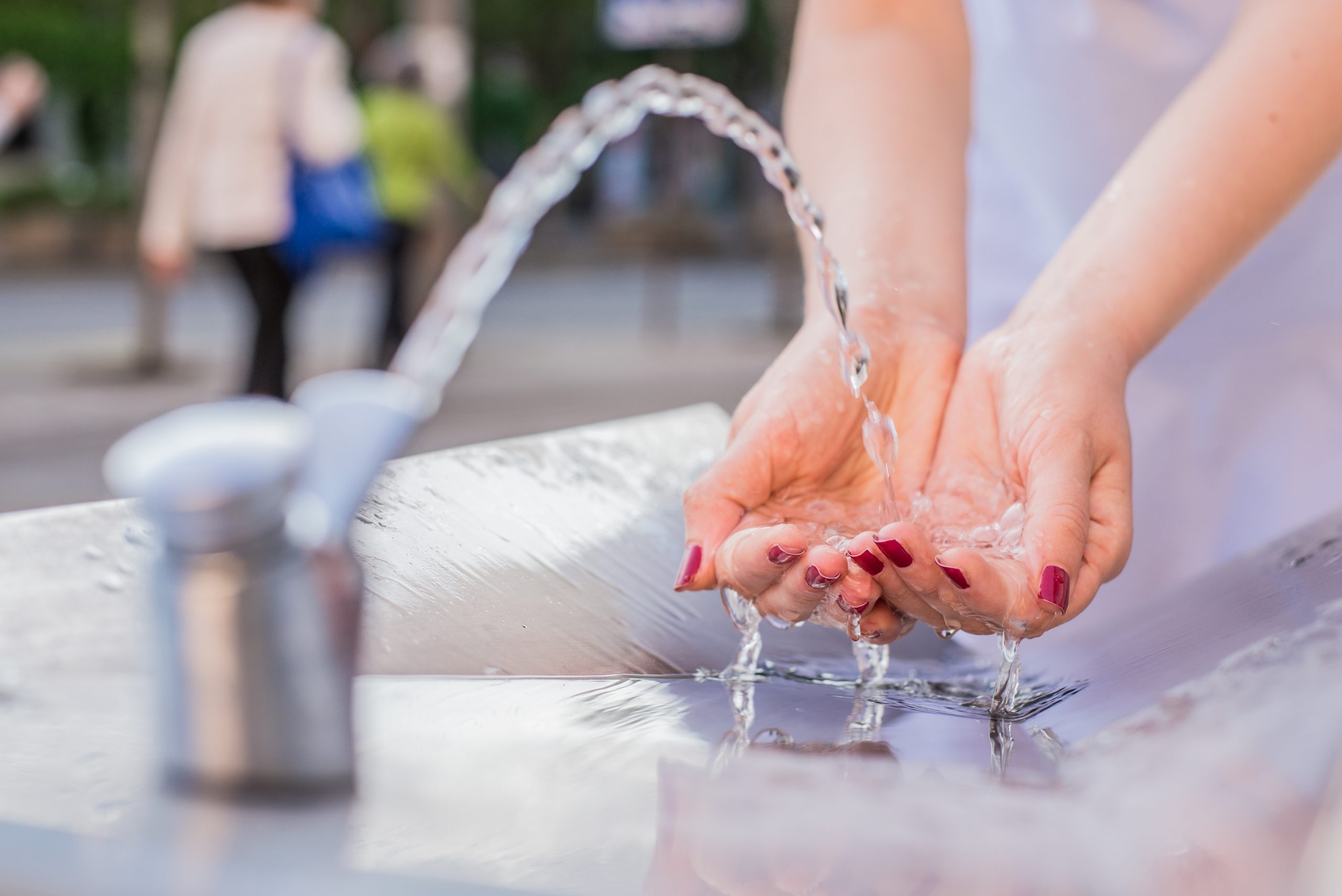The Human Right to Water is a concept that recognizes clean drinking water to be essential for the lives of every human being. It entitles everyone to access to water that is safe, sufficient, acceptable, physically accessible, and affordable for their personal and domestic use. The United Nations General Assembly acknowledged it as a human right on 28th July 2010 through Resolution 64/292. This principle implies that clean drinking water and sanitation are vital for the realization of all human rights. The Resolution calls upon international organizations and states to provide financial assets, aid in capacity-building, and technology transfer to assist countries; particularly developing countries, to provide clean, safe, accessible, and affordable drinking water and sanitation for all.
According to General Comment No. 15 adopted by the Committee on Economic, Social and Cultural Rights in November 2002, the human right to water is essential for the actualization of other human rights and is vital for leading a life in human dignity. General Comment No. 15 also describes it as the right to safe, sufficient, acceptable and physically accessible, and affordable water for both personal and domestic uses for everyone. The Human Right to Water alludes that water for human consumption should be:
- Safe – The water needed for personal or domestic use must be safe; thus free from chemical substances, micro-organisms, and radiological hazards that pose a threat to human health. The World Health Organization (WHO) provides guidelines for quality drinking water, which provide a foundation for national standards development that, if properly executed, will ensure the safety of drinking water.
- Sufficient – Each person must have a sufficient and continuous supply of water for both personal and domestic uses, which include drinking, personal hygiene and sanitation, food preparation, washing of clothes, and household hygiene. In line with the World Health Organization (WHO), each person needs 50-100 liters of water per day to ensure the fulfillment of most basic needs and reduction of health concerns.
- Acceptable – Water must be acceptable in taste, color, and odor for everyone’s personal or domestic use. All water services and facilities must be appropriate and sensitive to privacy, gender, and lifecycle
- Physically accessible – It is every person’s right to physically accessible water and sanitation service within the household, workplace, educational institution, or health institution. According to WHO, the water source should be within 1,000 meters of the home and the time of collection should be no more than 30 minutes.
- Affordable – Water, water services, and water facilities should be affordable for all. The United Nations Development Programme (UNDP) implies that the cost of water should not be more than 3 percent of household income.
However, the rural Sub-Saharan part of Africa has millions of people who depend on unprotected wells which breed pathogens, and share their domestic water sources with animals; thus posing danger to their health. Officially recognizing water as a human right and showing the willingness to give effect to this right might encourage governments and the international community to improve their efforts in satisfying basic human needs. The 6th Sustainable Development Goal (SDG 6) or ‘water goal’ advocates for universal and equitable access to safe and affordable drinking water for all by the year 2030. To learn more about this global target, refer to our previous blogs on Global Availability of Fresh Water and 5 Ways to improve water quality and access to water. Be in the frontline to achieve this goal by getting equipped with the in-depth knowledge and skills needed to become a WASH expert, hence impact change in the world. Register for a Water, Sanitation & Hygiene (WASH) course with us today to get a 10% discount.








(9) Comments